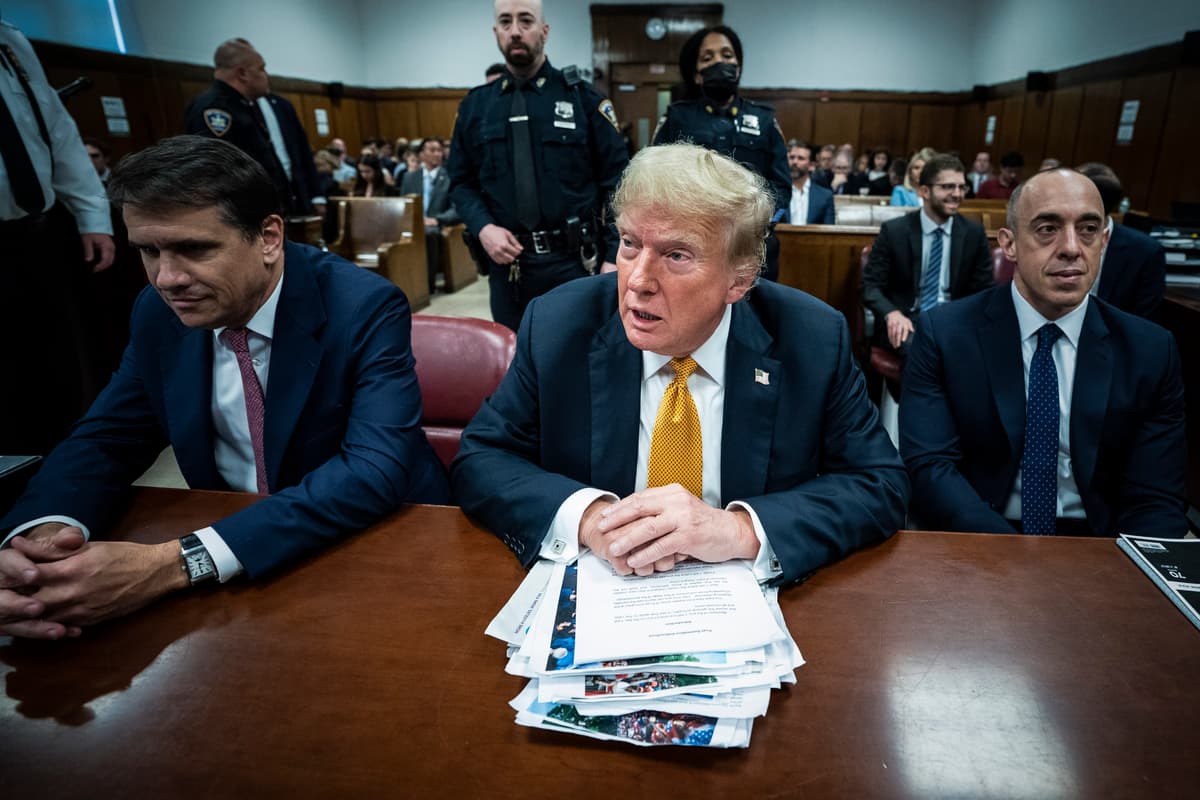Alvin Bragg, in Surprise Move, Agrees To Delay Ruling in Trump’s Hush Money Case To Assess the Impact of the Election
The aim is to reconsider whether the 45th president’s victory at the ballot box makes a prison sentence impossible.

Judge Juan Merchan’s 11th-hour freeze of the hush money case against President Trump signals that District Attorney Alvin Bragg is not blind to the enormity of the issue presented by Trump’s triumph at the polls.
The judge had vowed to determine by Tuesday whether the Supreme Court’s grant of presumptive immunity for official presidential acts ought to disturb the 34 convictions against the 45th president brought in by a New York City jury. Judge Merchan had set a date of November 26 to sentence Trump for those convictions. That punishment could amount to years behind bars.
A login link has been sent to
Enter your email to read this article.
Get 2 free articles when you subscribe.

